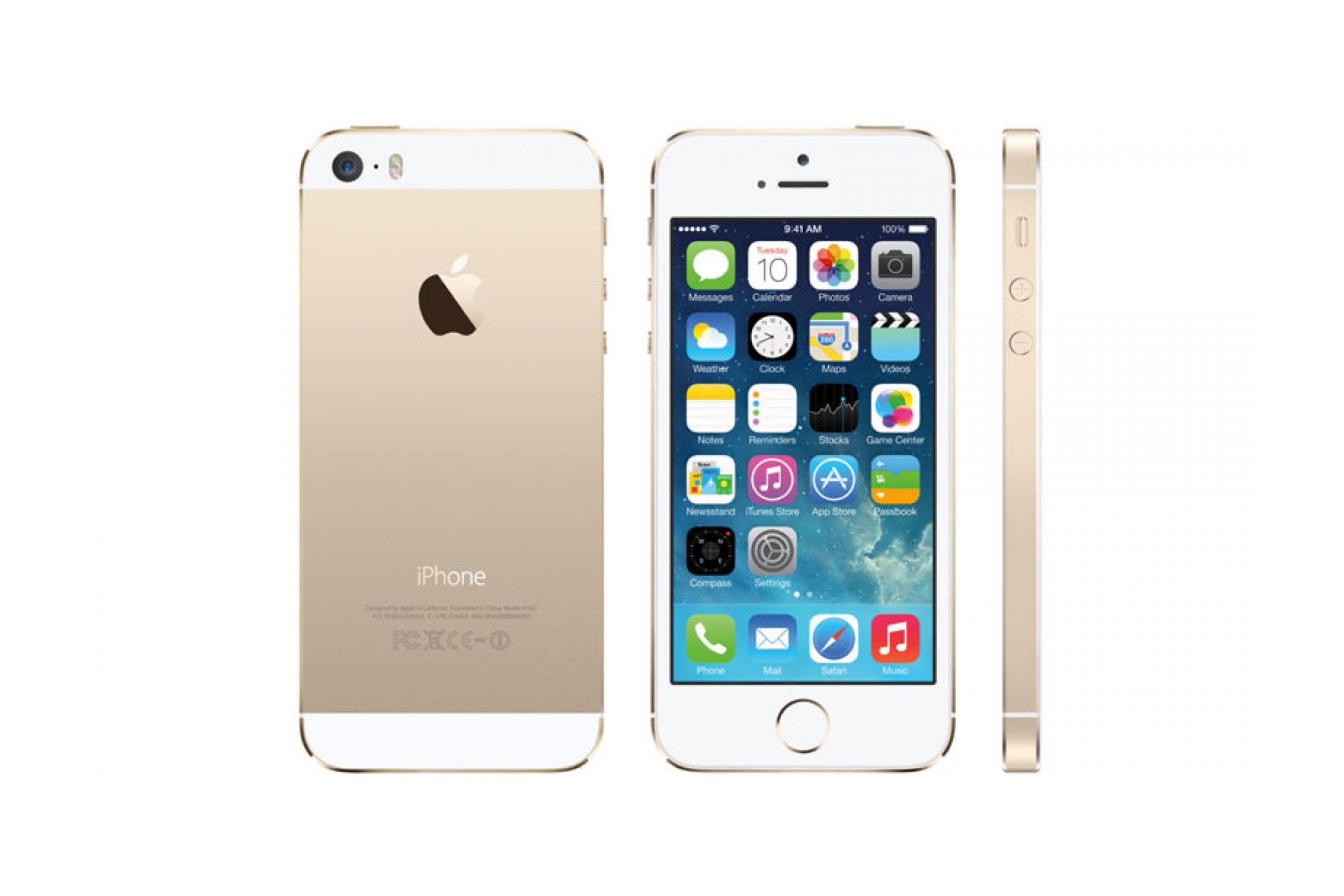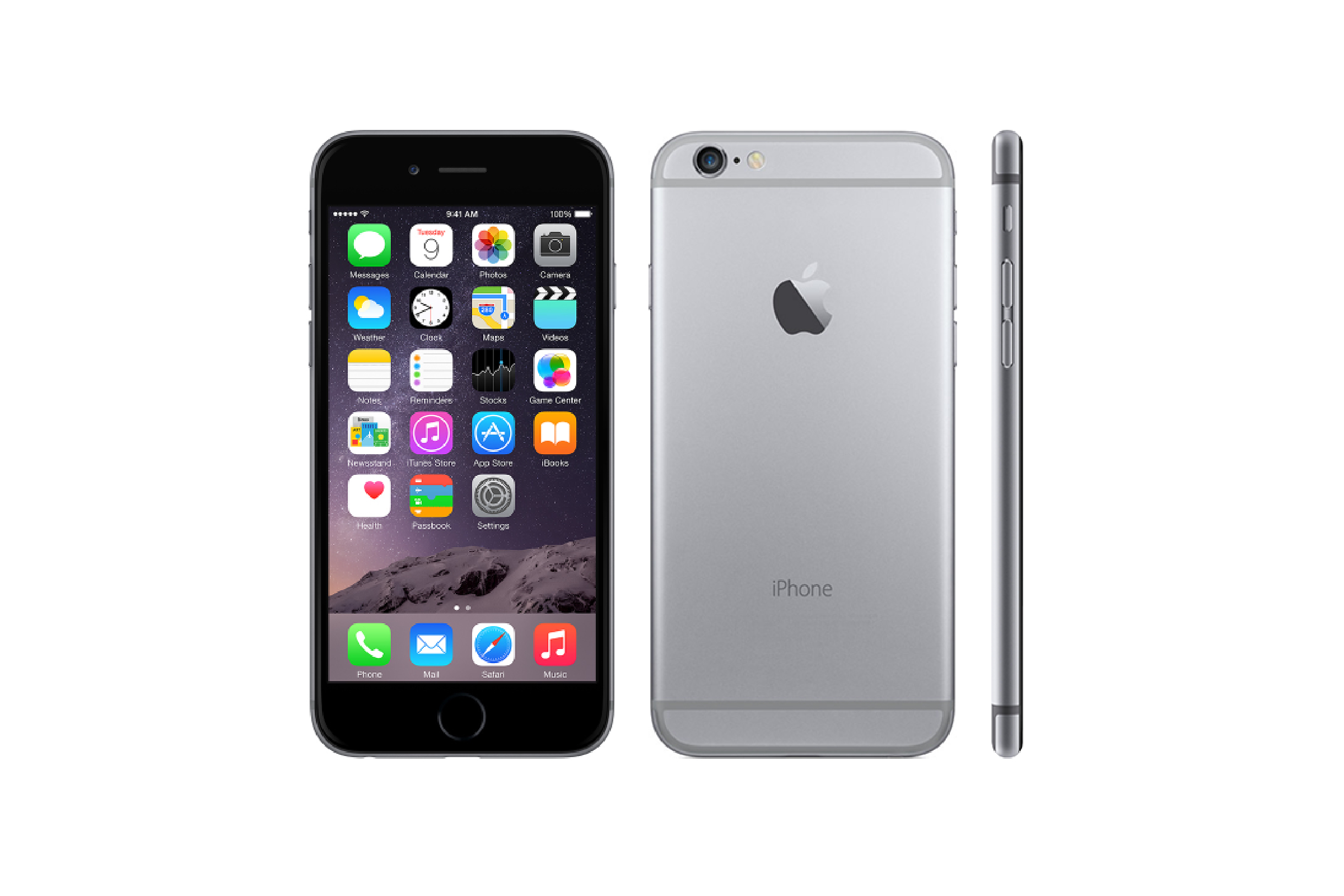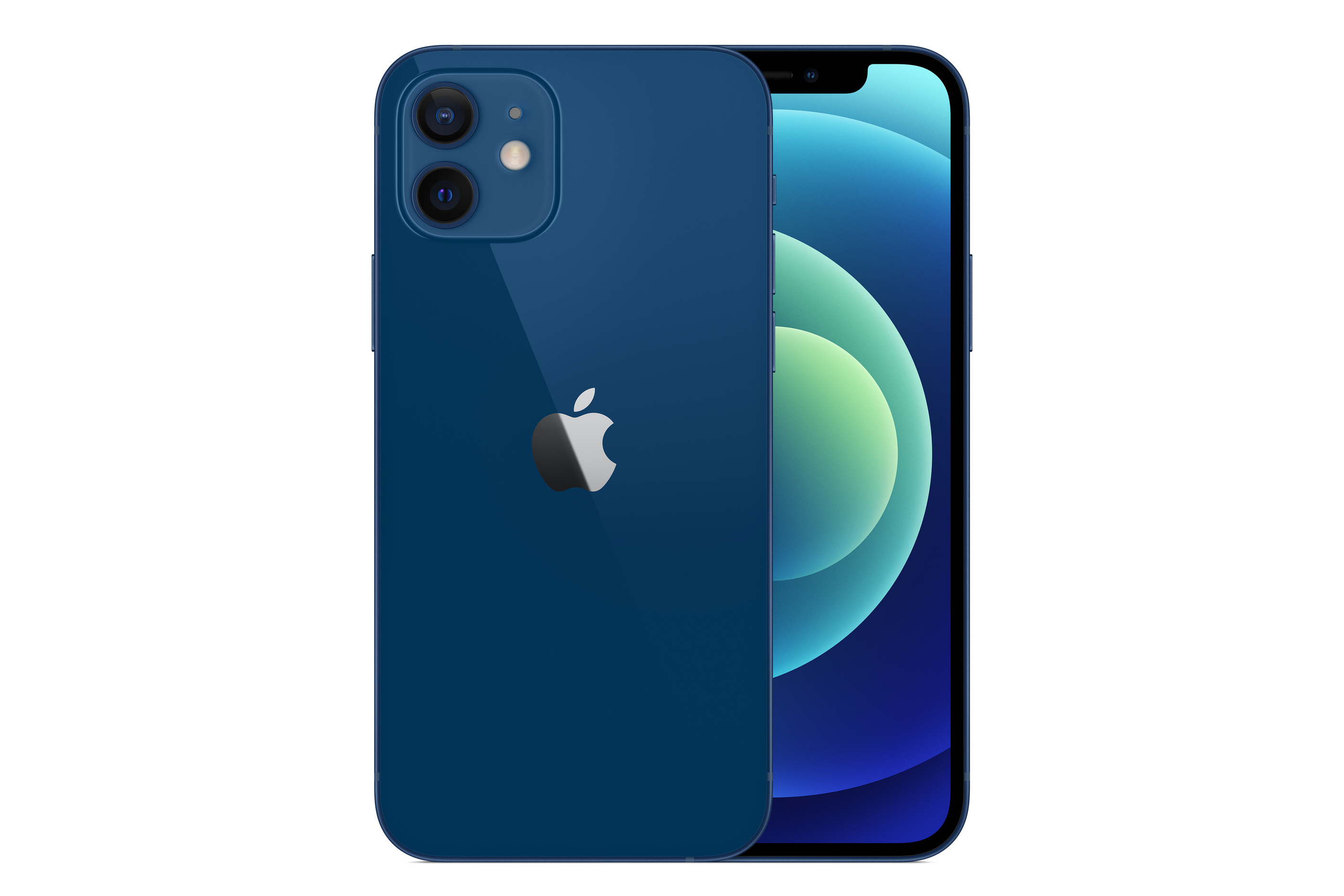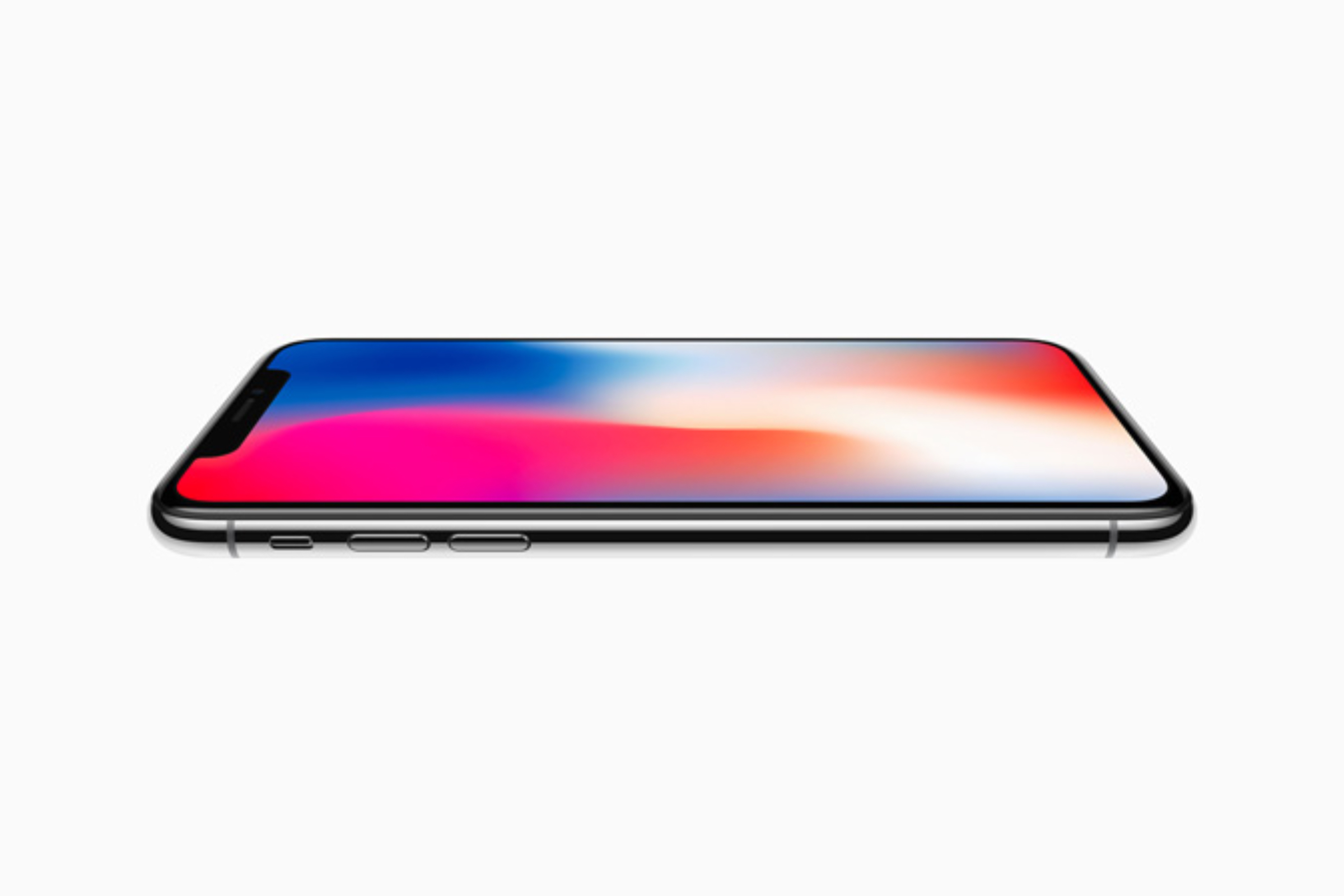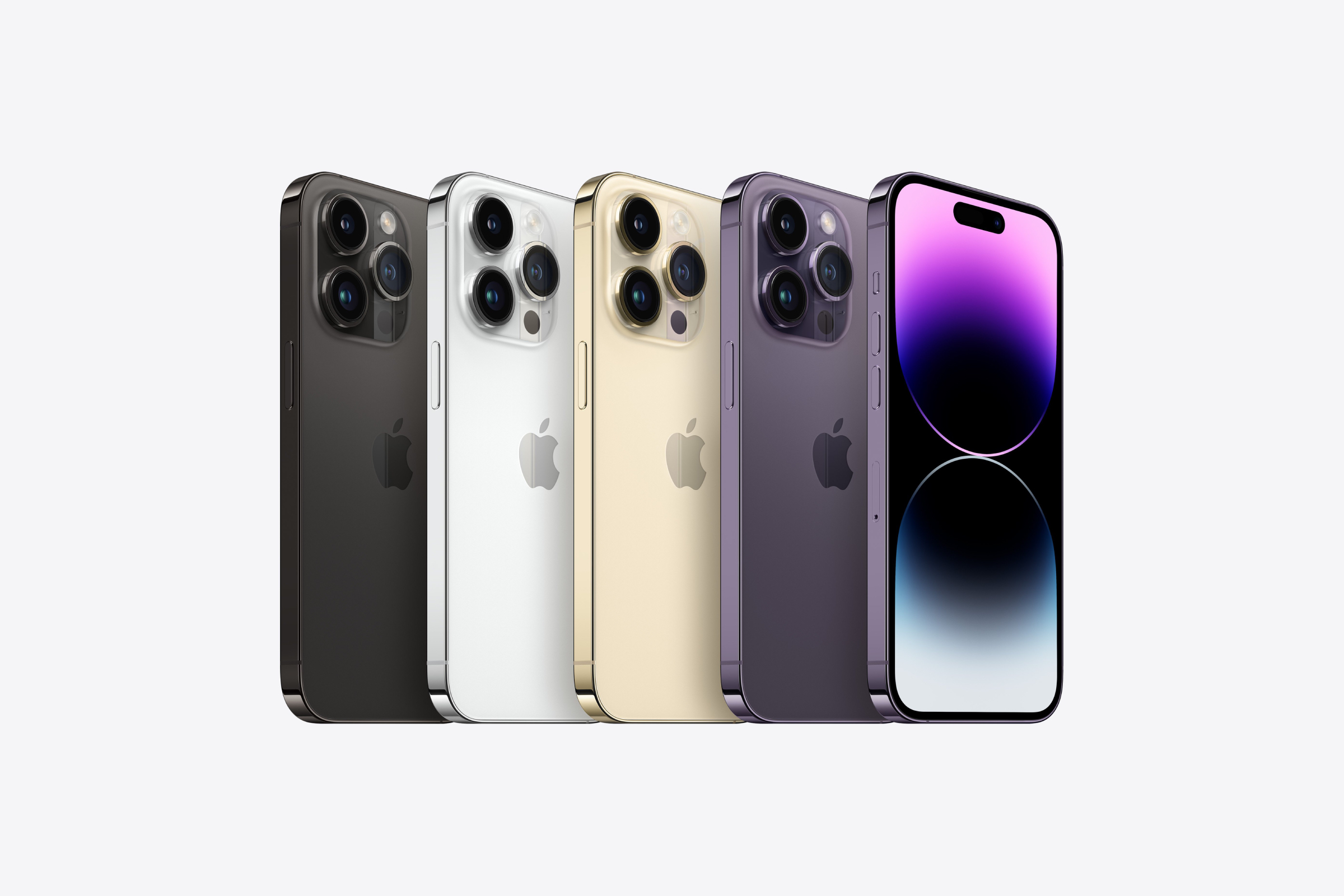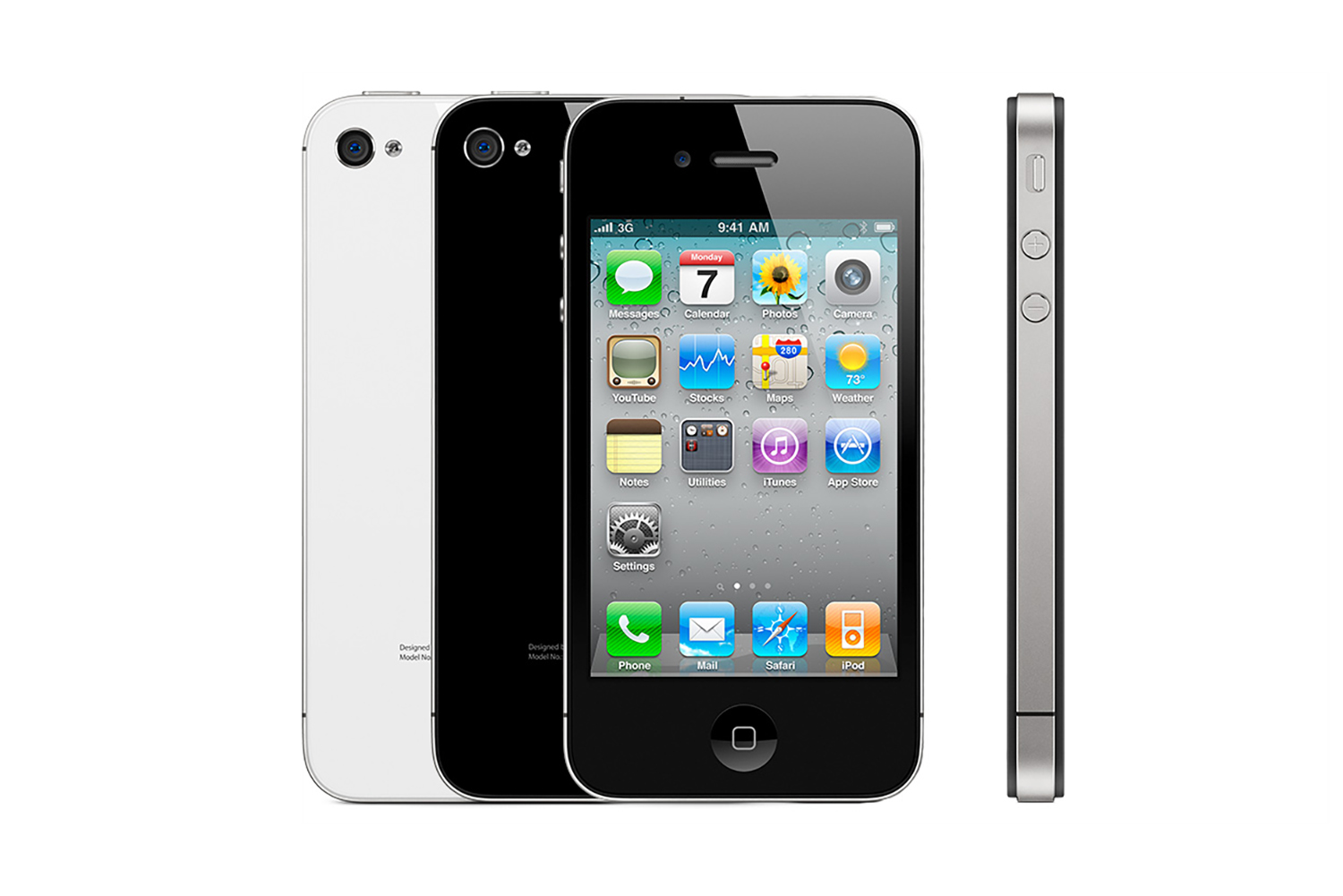With almost every iPhone launch, Apple states how its latest flagship is the best it has ever created. While the company undoubtedly enhances its smartphone line with every annual upgrade, not all of its releases have been equally impactful. With the iPhone 16 debut right around the corner, it’s time to walk down memory lane and highlight the seven best iPhone models yet.
7. iPhone 5s (2013)
The iPhone 5s will always have a special place in my heart. For starters, it was the very first mainstream smartphone to feature a chip with a 64-bit architecture. At the time, many perceived the A7 chipset as overkill due to the simple phone tasks. Nevertheless, the shift pushed the industry forward and influenced Android phone makers, which followed suit soon after.
Apple
Speaking of green-bubbled devices, the iPhone 5s was also one of the first phones to feature a reliable fingerprint scanner. Back then, many Android phones prompted people to swipe on the sensor to authenticate, and they simply weren’t as dependable. Touch ID, on the other hand, required iPhone users to simply rest their fingertips on it, et voilà!
Beyond the performance, the iPhone 5s design is a timeless masterpiece that Apple repurposed with its initial iPhone SE release. It was the first iPhone to offer three finishes after years of being limited to a single color or two. It also was the last iPhone to offer a flat back, thanks to its bump-less rear camera. The iPhone 5s, in my opinion, was the epitome of smartphone design at the time. It was the result of extensive research and gradual improvements over the years. It also marked the end of a major iPhone era, as its successor changed the entire formula.
6. iPhone 6/6 Plus (2014)
A year after the iPhone 5s, it was time for Apple to think differently. The recipe was getting old, so it had to serve something completely new. The iPhone 6 debuted as the thinnest Apple smartphone yet and the first to offer customers two size options. The 4-inch format as out, in favor of 4.7- and 5.5-inch models.
Apple
Despite the infamous “Bendgate,” fiasco the iPhone 6 attracted over 220 million customers, making it the best-selling smartphone to date. Its general design language continues to live on today through the iPhone SE 2.
5. iPhone 12 (2020)
By the time the iPhone 12 came around, the iPhone X was already three years old and in need of a refresh. The iPhone 12 delivered it, with a new design and host of new features that belied its status as an entry-level phone.
Apple
After the iPhone XR and 11 were somewhat disappointing compared to their Pro counterparts, the iPhone 12 got it right. Among the upgrades Apple brought was a gorgeous flat-edged design that’s reminiscent of the beloved iPhone 4, the first OLED display in a non-Pro model, 5G networking, a powerful processor, and a slew of camera enhancements. It also had the very best blue color Apple ever made.
4. iPhone X (2017)
The iPhone X is yet another memorable product that was announced as One More Thing. Through this release, Apple introduced the first major design overhaul since the iPhone 6. The physical Home button was bid farewell, and so were the thick bezels.
Apple
With the iPhone X, Apple introduced Face ID, which enabled Portrait mode support for the front camera as an added perk. It was also the first model to adopt the gesture-based navigation system, which simplified controlling iOS, and the first OLED display. The classic iPhone was no more, and the X model paved the way for the iPhones we use today.
3. iPhone 14 Pro/Pro Max (2022)
The iPhone 14 Pro and its Max counterpart earn a high spot on my list. These iPhones were the first to retire the ill-famed notch and incorporate useful software features into the pill-shaped cutout. I find myself relying on the Dynamic Island every single day, and, at this point, I can’t imagine giving it up. It has become a core element of iOS—for me, at least.
Apple
Beyond the futuristic design, the iPhone 14 Pro models were the first to support always-on display technology, which I similarly depend on daily. They also featured a 48MP camera for the first time, which truly enhanced mobile photography output.
2. iPhone 4 (2010)
Despite the Antennagate scandal (“you’re holding it wrong”) the iPhone 4 marked another milestone for Apple, as it completely overhauled the device’s exterior and boosted its internals with noteworthy upgrades. That model retired the curved design and adopted a boxed one made of stainless steel and glass. While Apple tweaked the look of the iPhones that followed, the general style persisted until the iPhone 6’s 2014 debut. By then, it had become the signature icon of Apple’s smartphone that almost anyone could recognize from afar.
Apple
The iPhone 4 popularized the concept of video calling others from our smartphones, too, as it was the first model to introduce FaceTime and a front-facing camera. It also made taking selfies more practical, as users no longer had to flip their devices when taking photos of themselves.
Beyond the FaceTime camera and aesthetics, the iPhone 4 offered the first Retina display, which doubled the pixel density when compared to its predecessor. Despite both the iPhone 3GS and iPhone 4 boasting 3.5-inch screens, the former had a 480-by-320 pixel resolution (163 pixels per inch) while the latter bumped it to a whopping 960-by-640 (326 ppi).
1. iPhone (2007)
Finally, I crown the original iPhone as the best model ever released. While, yes, it is the least technologically advanced one, it’s arguably the most iconic. To this day, many enthusiasts get goosebumps when rewatching its introduction keynote. It was far from a safe bet then, and Steve Jobs took the risk anyway.
Apple
In the initial period, many publications expressed how the device was doomed to fail. It wasn’t what the masses were used to, and making people adapt to change is no easy task. The first iPhone passed that challenge, and today, it’s Apple’s most popular product. The original iPhone will always be the best one, in my opinion, as it proved the critical experts wrong and laid the groundwork for today’s mobile computers.
Michael Simon contributed to this article.
Source : Macworld



